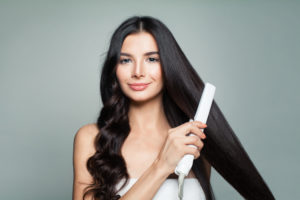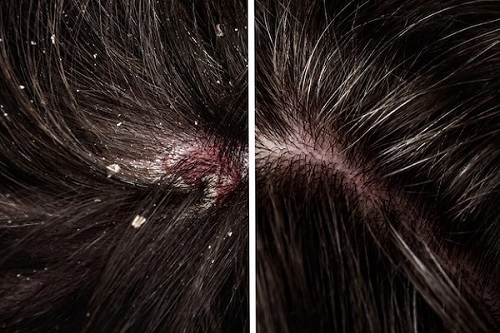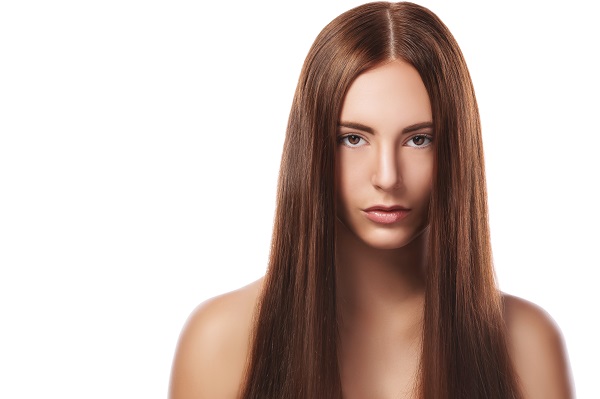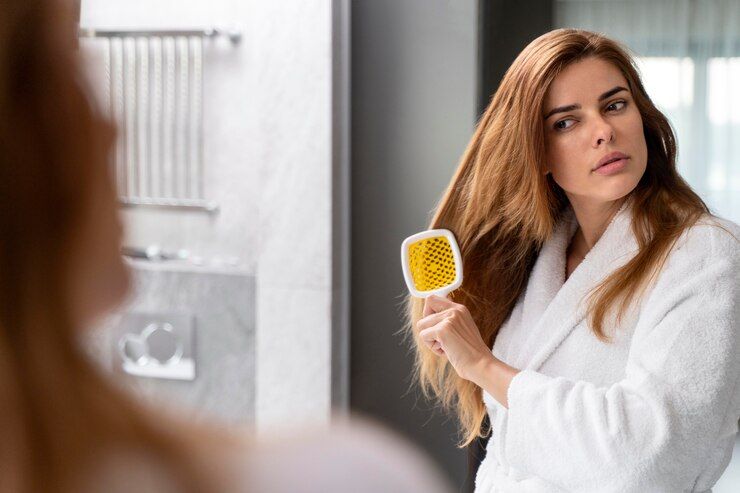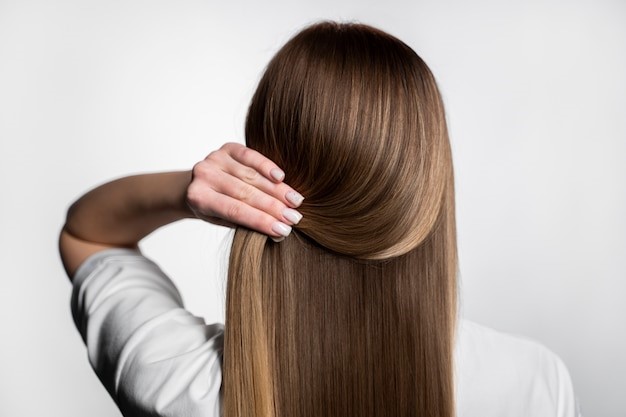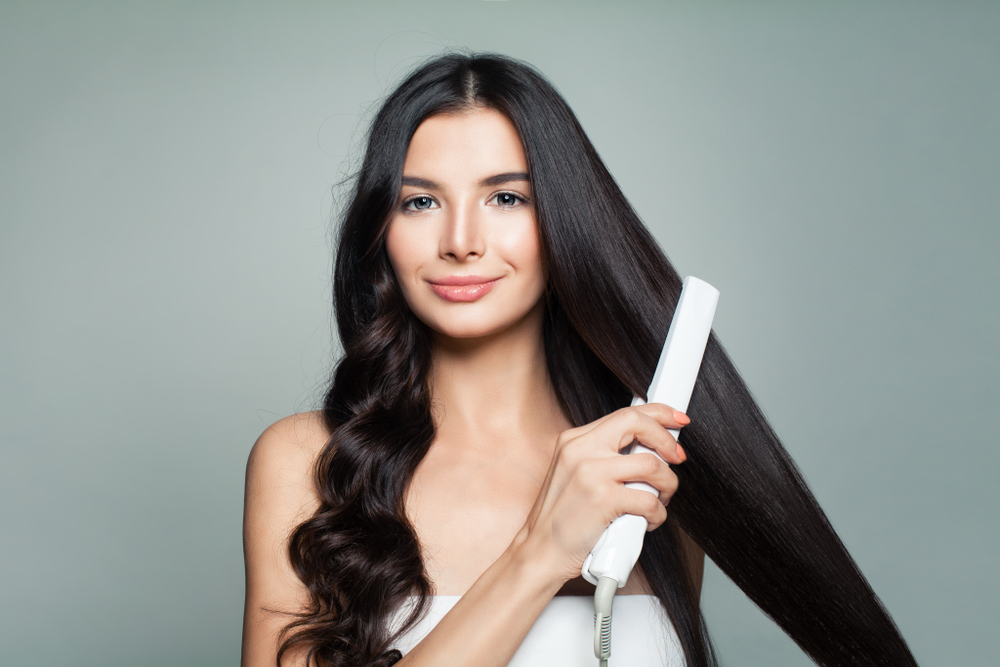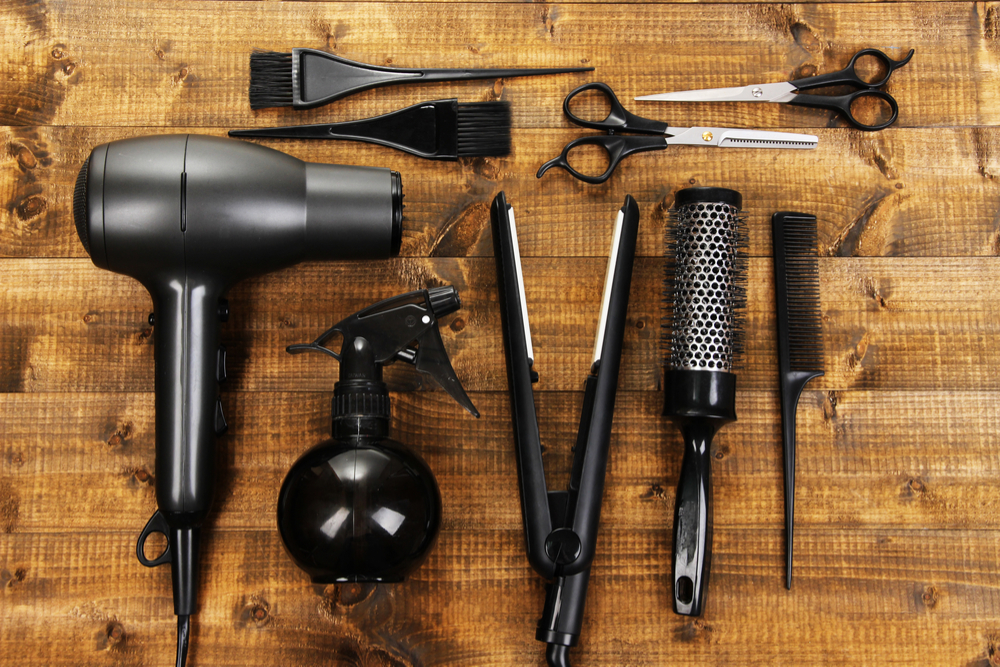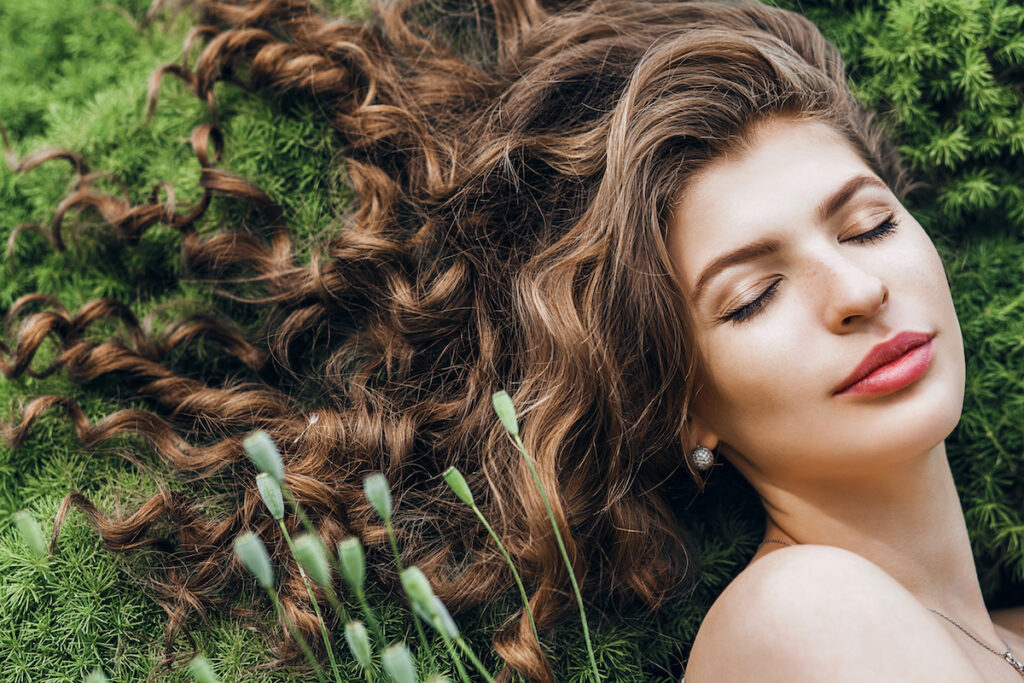Dandruff and dry scalp are common hair and scalp concerns that can affect people of all ages. Understanding the causes and implementing effective remedies is crucial for maintaining a healthy scalp and luscious locks. In this guide, we’ll explore the roots of dandruff and dry scalp issues and discuss practical ways to address and prevent them.
Dry Scalp Causes:
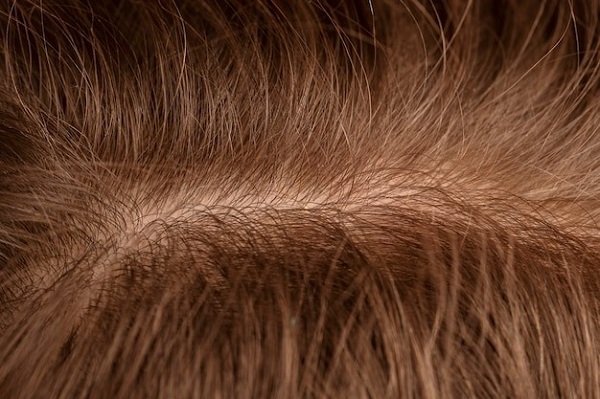
- Dry scalp often results from various factors, including weather conditions, the use of harsh hair care products, and infrequent shampooing.
- Environmental elements, such as cold or dry air, can strip the scalp of its natural oils, leading to dryness and flakiness.
- Similarly, certain shampoos or styling products with harsh chemicals can contribute to scalp dryness. Additionally, infrequent shampooing can cause a buildup of dead skin cells, making the scalp dry and itchy.
Dandruff Causes:
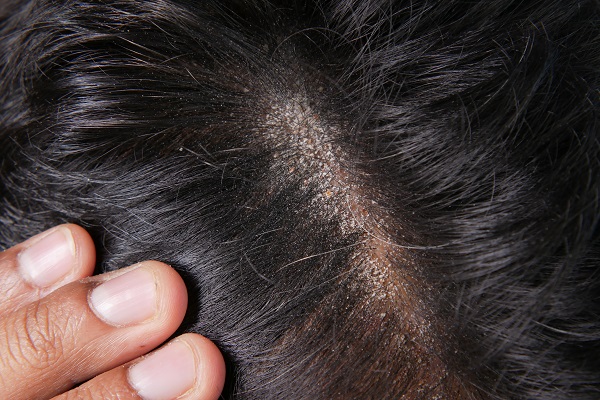
- Dandruff, on the other hand, is often associated with fungal infections, seborrheic dermatitis, and poor hair hygiene. Malassezia, a yeast-like fungus, is a common culprit in dandruff formation.
- Seborrheic dermatitis, characterized by red, inflamed skin and stubborn dandruff, can also contribute to this issue. Poor hair hygiene, including irregular washing and inadequate cleaning, can exacerbate dandruff problems.
Identifying Your Condition:
Distinguishing between dandruff and dry scalp is crucial for effective treatment. Dry scalp is often characterized by small, white flakes and itching, while dandruff typically presents larger, yellowish flakes accompanied by red, irritated skin. If uncertainty persists, seeking professional advice from a dermatologist is recommended.
Choosing the Right Hair Care Products:

- Sulfate-Free Shampoos: Opting for sulfate-free shampoos can prevent further drying of the scalp. Sulfates can strip the scalp of natural oils, contributing to dryness and irritation.
- Moisturizing Conditioners: Using a moisturizing conditioner helps keep the hair and scalp hydrated. Applying conditioner mainly to the ends of the hair can prevent excess oil buildup on the scalp.
- Avoiding Overuse of Styling Products: Excessive use of styling products, especially those containing alcohol, can worsen dry scalp issues. Limiting the use of such products is essential for maintaining scalp health.
- Reading Labels for Harsh Chemicals: Checking product labels for harsh chemicals and allergens is crucial. Opt for products with natural ingredients and avoid those known to cause irritation.
What should I look for in a sulfate-free shampoo?” “Can I use any conditioner for dry scalp?”
The sheer variety of hair care products can be confusing. If you’re feeling overwhelmed, we’ll simplify the decision-making process and help you select products tailored to your needs.
Establishing a Healthy Hair Care Routine:
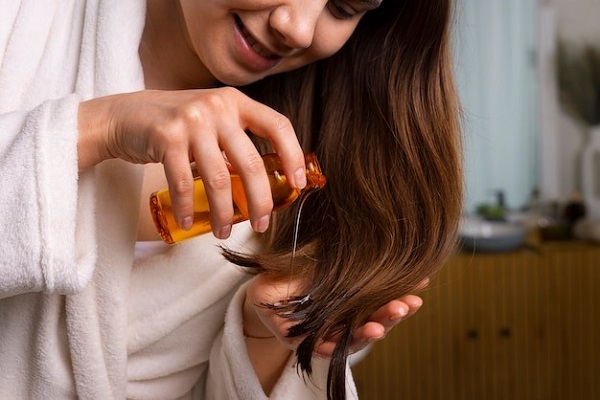
- Regular Shampooing: Establishing a consistent shampooing routine is essential for maintaining scalp health. Use a mild, hydrating shampoo and focus on massaging the scalp gently during washing.
- Gentle Scalp Massage: Incorporating a gentle scalp massage while washing can stimulate blood flow and promote the distribution of natural oils, preventing dryness.
- Balancing Moisture Levels: Finding the right balance between moisture and oil is key. Over washing can strip the scalp of essential oils, while infrequent washing can lead to oil and product buildup.
- Protecting Hair from Extreme Weather: Wearing hats or scarves in extreme weather conditions can shield the hair and scalp from harsh elements, preventing dryness.
How often should I wash my hair?” “What’s the right way to massage my scalp?”
Maintaining a consistent hair care routine can be challenging. If you’re struggling with inconsistency, we’ll offer practical tips for building a sustainable and effective routine.
Preventing Recurrence:
- Consistent Hair Care Practices: Maintaining a regular hair care routine, including proper washing and conditioning, is essential for preventing the recurrence of dry scalp and dandruff.
- Monitoring Diet and Hydration: A healthy diet rich in vitamins and minerals, along with adequate hydration, contributes to overall scalp health. Nutrient deficiencies can exacerbate scalp issues.
- Managing Stress Levels: Stress can impact overall health, including the condition of the scalp. Incorporating stress-management techniques, such as meditation or exercise, can contribute to a healthier scalp.
- Regular Check-ups with a Dermatologist: Regular visits to a dermatologist can help monitor scalp health and address any emerging issues before they become severe.
How can I maintain a consistent hair care routine?” “Is there a specific diet for a healthy scalp?”
The fear of a relapse after successful treatment is common. If you’re anxious about recurrence, we’ll provide reassurance and long-term strategies for maintaining a healthy scalp.
Conclusion:
Dealing with dandruff and dry scalp requires a holistic approach, combining effective home remedies, proper hair care practices, and, when necessary, medical interventions. By understanding the causes and implementing preventive measures, individuals can achieve a healthy and nourished scalp, promoting overall hair well-being. Remember, consistency is key in maintaining scalp health, so embrace a routine that suits your hair type and lifestyle for long-lasting results.
At Ultimate Beauty Essentials we recognize the challenges of maintaining a healthy scalp, and our dedicated line of hair care products is here to support you on your journey to a dandruff-free, moisturized head. From revitalizing shampoos enriched with hydrating agents to soothing scalp treatments designed to banish flakes, our range is crafted to bring relief and restore your scalp’s natural harmony.

